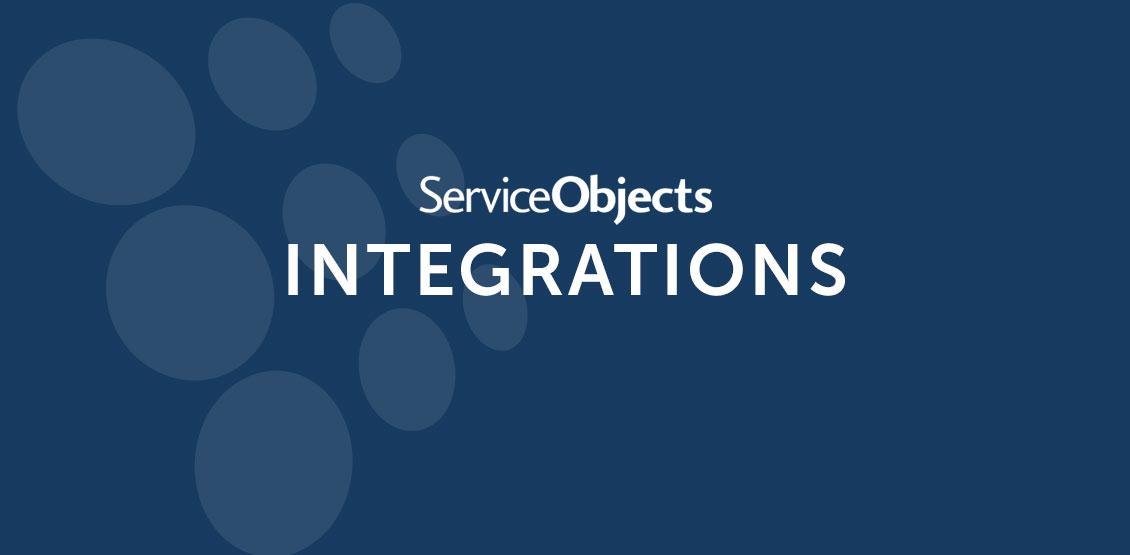DOTS Lead Validation is an ever-evolving service that helps companies improve lead quality at the point of entry, using combinations of name, address, email, phone, IP address and business name for business leads.
Over the last six months, Lead Validation has undergone several major enhancements that add multiple benefits for our users. We wanted to take a few moments and share some of these updates with you.
Improved messaging in the new Lead Validation
We have greatly improved messaging within this service, particularly enhancing information returned through “Notes” fields. Lead Validation calls a dozen other services internally, all of which are constantly evolving, and it is not intended to serve as a replacement for these services; it uses critical points from these services to strengthen its ability to pass or fail a lead.
However, our clients often still use Lead Validation instead of using multiple other services, so it’s a balance of making sure Lead Validation can service those needs while keeping it from getting bogged down with too much data. Every data point in every service it uses leads to many hundreds of different possible outputs.
For example, Lead Validation makes use of our very strong DOTS Address Validation – US service. It also returns a fully standardized result and all of the key flags to tell if an address was deliverable or what might have happened if it was not. But there are many fields not returned which, if critical to a client’s needs, would make Lead Validation not useful in replacing an Address Validation call. So the goal of this update is to continue to make smart decisions about which pieces of information both help Lead Validation better validate data and also provide the best feedback to meet our clients’ needs.
Many of the new notes provide valuable additional information about the lead: for example, letting users know that a first or last name was found by our system, that an email looks like it belongs to a business, that a number was recently ported to a different line, or that an email address might be temporarily unavailable.
Some of these notes also reflect scoring tests already taking place within Lead Validation, to give a better sense of what went wrong if a score was lower than expected: for example, that an address had a missing or incorrect apartment number or was found to be vacant. And of course, there are new notes that just reflect the added functionality (and in most cases new scoring), such as whether a phone number is tied to Google or Skype, an email is connected to a blacklisted domain, or an IP is potentially connected to a malicious user.
New notes have now also been added regarding identifying the phone number as a landline, wireless or VOIP. These are critical flags that have been used internally but were never returned to the user. All of these take telephone line porting into account, so you can be sure the note returned represents the current state of the line.
Be aware that the notes returned in the Lead Validation service are always being updated and continues to be a work in progress. New notes and other data points will be added from time to time as needs arise.
More cross-validation with better matching algorithms
The most important thing that Lead Validation does is connect the dots between two data points to see how they fit. Our latest updates continue to improve the logic both in matching and new tests for matching.
Previously, Lead Validation was only doing cross-checking of email address for business leads. Now we have expanded these email cross-checks to residential users as well. The algorithms for both residential and business cross-checking have been expanded to more components as well. Emails can be compared against name, business name, phone number and address. Numerous other improvements to our matching algorithms have been added as well, including improved fuzzy matching, nickname consideration, and partial scores for partial name matches (for example, a first name match without a last name match could belong to someone with a recent name change).
Other new additions include:
- Better Canadian address data
- Our Address Validation – Canada service was recently updated with a new additional data source. This allowed us to improve our match rates for validating Canadian addresses, and Lead Validation has also been updated to take advantage of these updates.
- Improved Disconnected Phone number logic
- Identifying whether a phone number is connected or not is one of the more challenging things to do, and there is no perfect data source out there. This update contains an additional check that should provide more positive hits on disconnected numbers. Identifying recently ported numbers can also be a factor in knowing that a number is connected or disconnected.
- Improved Scoring on Wireless Numbers
- As our wireless data improves, we are able to apply more precise scoring, both positive and negative, on wireless matches against name, address and other things. This allows Lead Validation to more accurately score and validate leads.
These are the latest and greatest new features available in DOTS Lead Validation.
As always, please contact us if you have any questions!













